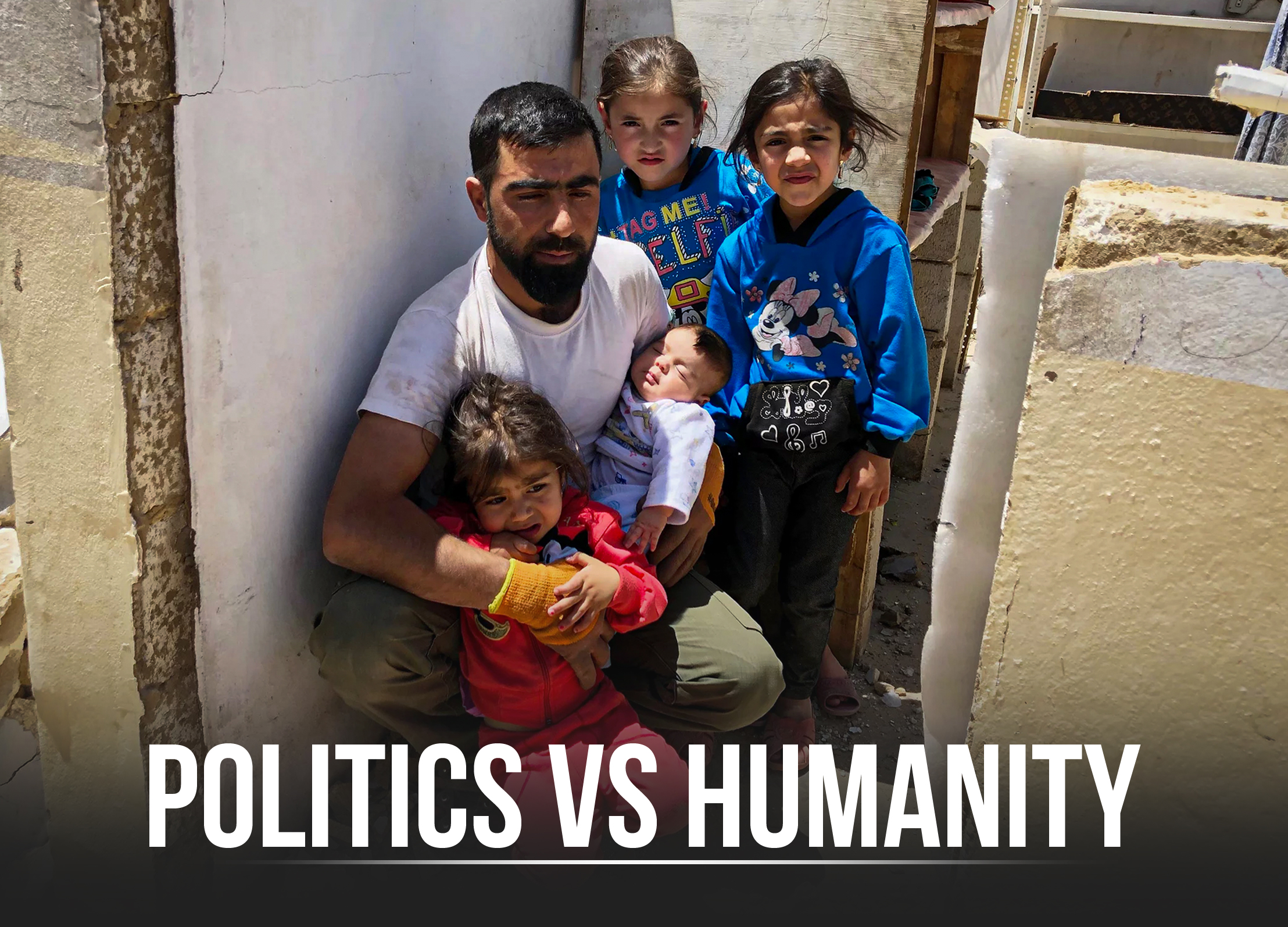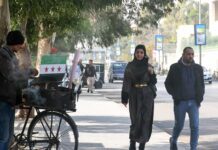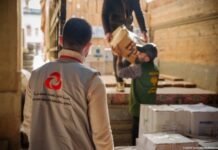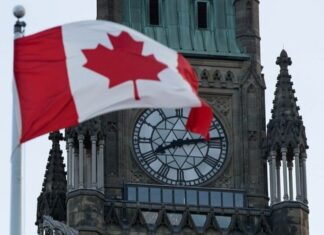Politics vs. Humanity
“Political interests have the curse that they tend to have a selfish character,” said Chris Osieck, an open-source investigator whom L24 interviewed. “They tend to be picked by beneficiary towards themselves,” he continued, “but don’t necessarily set human rights or international humanitarian law as a priority. Which means that profit gets prioritized over democratic values such as freedom for the Syrian people.”
Thus, victims of al-Assad regime’s inhumane atrocities have not received adequate support from the international community, despite numerous pledges and promises. As of 2023, Syrians continue to suffer from a lack of essential resources and many are wrestling with poverty, struggling to feed their families, confined to dwelling in tents and makeshift homes in the heavily IDP-populated north.
The war continues and millions remain displaced. Earlier this year a high-magnitude earthquake devastated parts of Turkey and Syria, resulting in a new crisis, including loss of lives, homes, livelihoods, and a new wave of displacement. Alongside economic instability and plummeting regional currencies, the liberated north is being begrudged sufficient humanitarian relief. Politically driven obstruction of cross-border aid, by the regime and its supporters, has served to further aggravate the region’s predicament.
A Population in Turmoil
“The deteriorating humanitarian situation in northern and northwestern Syria has become catastrophic,” proclaimed Dr. Mamoun Sayed Issa, a Medical Coordinator at Aataa Association, interviewed by L24. The experienced aid worker noted, that following February’s earthquake, the number of displaced individuals reached 2,807,666, “comprising 61% of the population.” Lives have been turned upside-down and, “efforts are underway,” to clear the quake’s debris, states the doctor, alongside other attempts to restore normality. However, due to the lack of international aid, these efforts “can only cover a small part” of what the colossal task requires.
He went on to say that nearly two million IDPs are housed in 1,468 sites, “mostly in makeshift camps,” and that many of these sites are built near lakes or rivers containing “exposed sewage.” Due to poor sanitary conditions and sub-par shelter from the elements, these communities are especially vulnerable to the spread of diseases and the increase in severity of chronic illnesses for residents.
Dr. Issa relays, regarding the medical sector, “We suffer from a lack of funding for medical projects, which is part of the overall scarcity of assistance.” He states an urgent need for essential medicines “for both infectious and non-infectious diseases,” and adds, that operational expenses are not adequately covered and that there is a “significant shortage of medications for cancer and specialized procedures.”
With the uncertainty of aid renewal by the international community, there is a great fear for the healthcare sector. Medical supplies are utilized and expended within the liberated areas rather than being manufactured. This vital sector could “collapse if international aid is cut off,” according to Dr. Issa. “If the funding is discontinued, it could lead to a catastrophic situation, leaving Syrians without access to hospitals, medications for chronic diseases, emergency services, or proper maternity care.”
Osieck also states that “the main obstacles for the resolution of the Syrian conflict and the provision of humanitarian aid are first and foremost, a phenomenon that I call, ‘Western fatigue.’ It’s a phenomenon that we’ve seen in Syria but also in places such as Afghanistan where we as so-called ‘advocates’ of democracy and human rights tend to give up on finding a solution.”
Ill-Intentioned Veto
In spite of the harsh reality Syrians endure, because of the aforementioned factors, world powers were not inspired to deliver sufficient help. In fact, back in 2020, using its veto powers at the UN, Bashar al-Assad’s ally Russia forced the closing of all crossings into Syria from Turkey, with the exception of the Bab al-Hawa crossing. According to Moscow, the Assad regime’s sovereignty was threatened by the passage of supplies into the liberated territories. Now, every six months, the UN Security Council votes on whether to keep this particular bridge open.
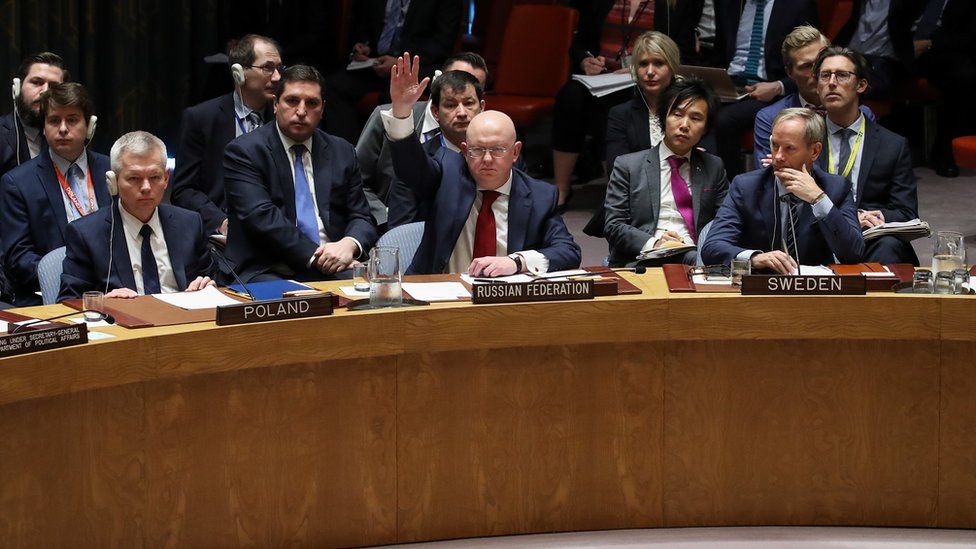
The politicization of humanitarian aid is another cruel aspect of the ongoing conflict, introduced by the regime and its supporters. In a year when a 7.8 magnitude earthquake rocked the country, the Syrian people face increased struggles and suffering, due to the lack of support of the international community, who have yet to introduce a solution to the problem. “It’s a sad moment for the Syrian people,” US Ambassador Thomas-Greenfield told the council after Russia’s veto. “What we have just witnessed, what the world has just witnessed, was an act of utter cruelty.”
The Syrian government and its allies have deliberately hindered the delivery of aid to liberated areas, increasing their efforts to thwart vital relief in one of the worst periods the country has faced. The negative effects are evident in the daily lives of countless innocent victims.
Personal Struggles
L24 spoke to one of the victims of the crisis, a Syrian refugee, Abdullah Tarsha, aged 22, and a student at Karhaman Maraash University in Turkey. He narrated, that he was a young boy when the revolution started and told a story of how the “regime’s militia attacked” with tear gas and bombs. He goes on to say, “In 2013, I lost my father in that war, leaving behind four siblings and my mother. In 2015, the revolutionists entered Idlib city, which was under the control of the criminal regime. The city was bombarded with all kinds of weapons, including airstrikes and heavy artillery. We couldn’t bear the situation, so we were forced to flee to Turkey.” While in Turkey, he was placed under “temporary protection.” He claims, “the international community provided only minimal assistance to Syrian refugees in Turkey.”
L24 also spoke to a refugee in Lebanon’s Arsal camps, Abu Omar. He imparted, “My personal experience with the war in Syria was the worst ordeal our generation has endured.” Speaking of various struggles, namely displacement, degradation, and a scarcity of resources, Abu Omar adds, “We were forced to leave our land and everything dear to us. Now we dwell in tents that offer no shelter from the scorching summer heat or protection from the cold of winter.” As for support, he says, “We consider ourselves to be utterly deprived” of assistance provided by the United Nations Commission.
“Regarding the response of the international community and its impact on the lives of Syrians, it’s akin to the race between the hare and the tortoise. Most of us, Syrian refugees, have lost faith in this community, unfortunately, as we have become victims of everyone’s neglect.”
Remedying the Problem
According to Dr. Issa, to address the crisis, several short-term and medium-term solutions can be implemented. In the short term, it is crucial to call upon all entities in the region to demand an extension of the Security Council’s decision to allow aid entry. Additionally, the activation of alternative aid mechanisms, like the UK-founded Interim North Syria Aid Fund (INSAF), as an alternative to the Humanitarian Financing Fund, can help bypass pressure from Russia’s threats to veto. This will free humanitarian work from the Security Council’s decisions and the repeated disruption of aid by Russian obstruction.
Osieck stated, “I think alternative routes, even though they could be complex with the regime using domination and control in its full power, should be thought of and while that may take a while, I do believe it is possible. Proven, in the Syrian context, is that the UN and Red Crescent have both failed to do so by actually having bent their knees for the al-Assad regime.”
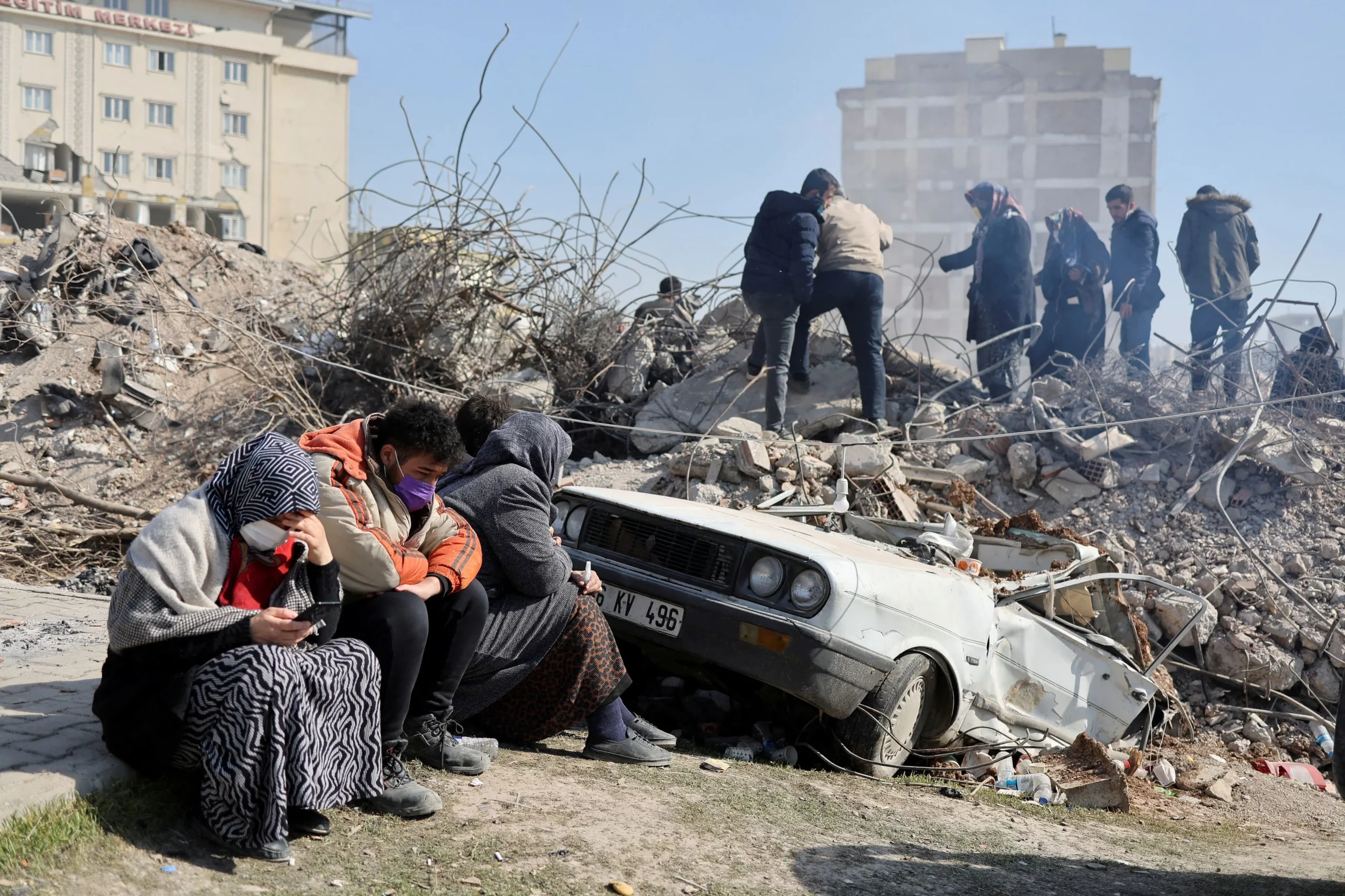
Dr. Issa adds, “Encouraging Syrian expatriates and business owners worldwide, as well as those in northern and northwestern Syria, to actively participate in providing relief and investing in the region can also contribute to a sustainable solution,” and that furthermore, genuine support for political transition, following the Geneva Communique and relevant Security Council Resolutions, should be provided.
These measures will help ensure direct and unrestricted aid access, breaking free from the politicization of humanitarian assistance and strengthening efforts to alleviate the hardships faced by the Syrian people. By recognizing the crisis and implementing alternative mechanisms, the international community can make significant strides toward addressing the ongoing crisis and ensuring the well-being of those affected.
The international community must not continue to stand idly by, while the Syrian people suffer. It is imperative that decisive action is taken to deliver comprehensive humanitarian aid and alleviate the dire circumstances faced by millions of displaced Syrians. International bodies and humanitarian organizations must implement the principles of fair and impartial assistance rather than legitimizing the regime that has caused so much pain and destruction. The time for meaningful intervention is now, for the sake of the innocent lives that hang in the balance.

